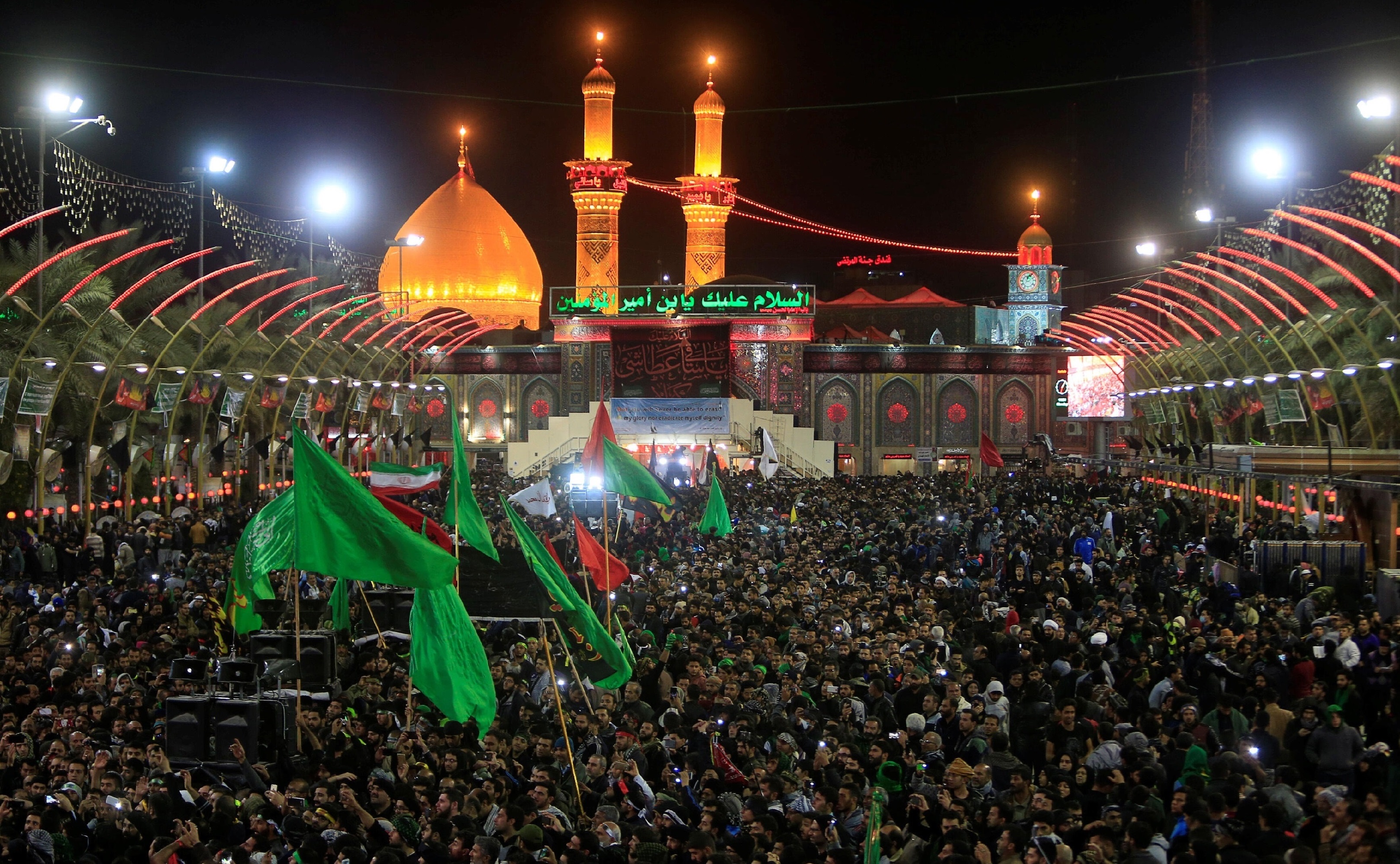Due to the importance of ziyāra, Muslim scholars particularly the Shiʿah have compiled several writings on the topic. Some of the oldest and most famous are Kāmil al-Ziyāra of ibn Quluway Qummi (d. 368 AH or 369), al-Mazar of Shaykh Mufīd (d. 413), al-Mazār of Muhammad ibn Mashhadī (d. 610) and al-Mazār of the First Martyr Muhammad ibn Makkī ‘āmeli (d. 786).
In addition, a short essay from Rashīd al- Dīn Fazlullāh with the title Benefits of Ziyāra of Mashahid and Turbats of Great Personages is at hand. According to his explanation, grounds for writing it was the question of ‘Allamah Helli- who in the year 709 with a group of scholars and government officials was accompanying the compiler during ziyāra of Salman- requesting him to explain the effects and benefits of ziyāra of graves, with consideration to the departure of spirit from body after death.
Since the views of ibn Taymiyah and following him the Wahhabists in regard to ziyāra conflict with views of all other Muslims, since long many critical writings from other Muslim sects, be it as a book or a chapter of a book, have been produced. Taqī al-Dīn Subkī, a contemporary of Ibn Taymiyah in the 8th century, wrote the book Shifaʾ al-Siqām fī Ziyāra Khayr al-ʾanām in the favor of ziyāra. Other contemporaries of ibn Taymiyah, such as ibn Hajar Makkī in al-Juhar al-Munzam fi ziyāra qabr al-Nabi alMukarram and Qadī Taqi al-Dīn Akhna’i in alMaqāla al-Marziya fī al-Rad ʿala man yanker alZiyāra al Muhammadiya repudiated his beliefs.
Samhudi (d. 911) in the fourth volume of Wafa’ al-Wafa bi-Akhbar Dār al-Mustafā devoted a detailed section to the subject of ziyāra.
In the 12th century Muhammad ibn ‘Abd alWahhāb propounded beliefs similar to that of ibn Taymiyah, but his brother Solaymān wrote al-Ṣawa’iq al-Ilāhiyya fī Rad al-Wahhābiya in repudiation of his beliefs. Minhāj al-Rashād li-man Arād al-Sidād written by Shaykh Jaʿfar Kāshif al-Ghitā’ (d. 1228) is another book which its major portion is devoted to the subject of ziyāra. It is a response to Saudi ruler of the area of Najd after the Wahhabists’ attack to Karbala and its destruction and the killing and plundering of its inhabitants and the pilgrims.
In the following works too the subject of ziyāra has been discussed in detail: Kashf alIrtiyāb fī Atbā’ Muhammad ibn ‘Abd al-Wahhāb written by ‘Allamah Sayyid Muhsin Amīn (d. 1371), al-Barāhīn al-Jaliya fī Dafʿ Tashkikāt al-Wahhābiyya written by Sayyid Hasan Ha’erī Qazvinī (d. 1380), also the fifth volume of alGhadīr compiled by ‘Abd al-Hussain Amini (d. 1392).
Source:
Pilgrimage “Ziyāra” from the Viewpoint of the Holy Quran, Hadiths and Theological Discourses-An Entry from Encyclopaedia of the World Islam [p 25-27].
Author: Maryam Kiani Farid
Translated by Mojganeh Saffarnia.

